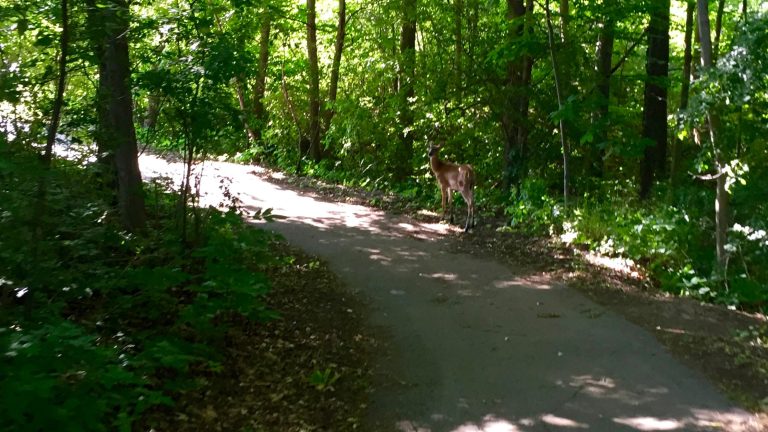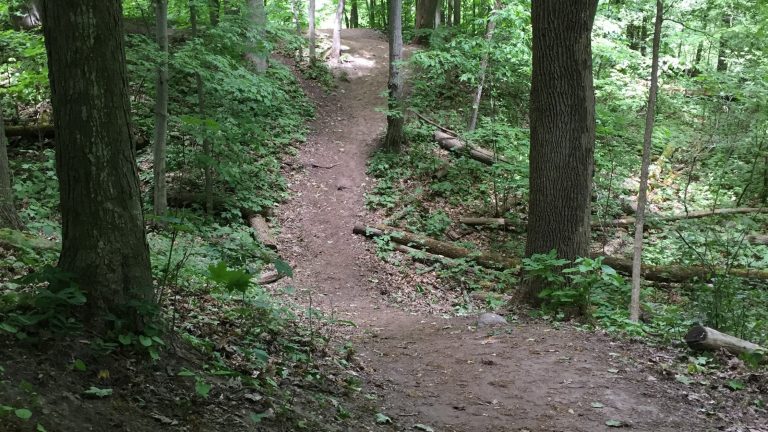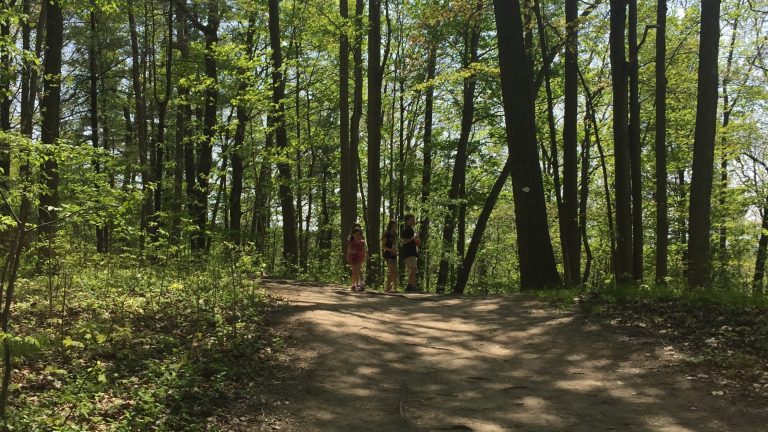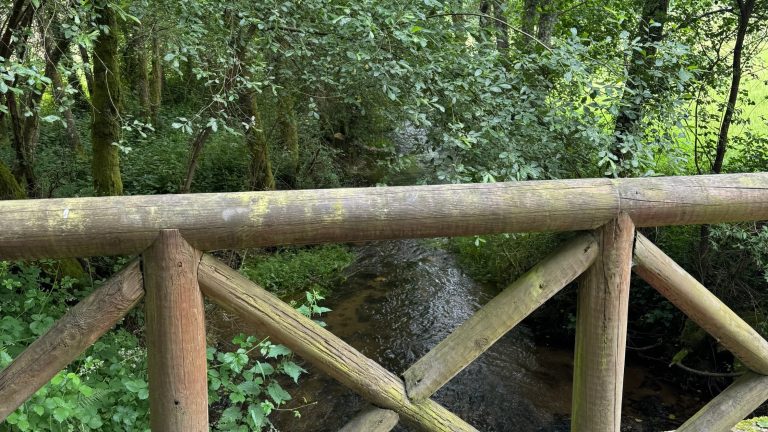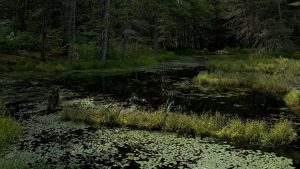The Martin Luther King Jr. National Historical Park Visitor Center is open from 9 AM to 5 PM every day, except Thanksgiving, Christmas Day, and New Year’s Day.
There is no entrance fee to visit Martin Luther King Jr. National Historical Park. Admission is free for all visitors.
From Atlanta, take I-75/85 North to exit #248C Freedom Parkway. Turn right onto Boulevard NE, then right onto John Wesley Dobbs Avenue. Park and stroll to the historic site, immersing yourself in civil rights history.
Free parking for cars and buses on John Wesley Dobbs Avenue between Jackson Street and Boulevard. No specific RV or motorcycle parking mentioned. No overnight parking permitted. No fees.
Accessibility & permits
Emergency
- Cell service availability:Partial
Information not accurate?
Help us improve by making a suggestion.
Walk in the Footsteps of a Civil Rights Icon: A Journey Through Martin Luther King Jr.'s Life and Legacy
In the heart of Atlanta, Georgia, the Martin Luther King Jr. National Historical Park is a poignant tribute to the life and legacy of one of America’s most revered civil rights leaders. Spanning nearly 35 acres, this historic site is set within the vibrant Sweet Auburn neighborhood, a community steeped in history and cultural significance.
Visitors are immersed in Dr. King’s journey from his humble beginnings in the 1920s birth home, a simple yet profound structure that stands as a testament to his early life. Nearby, the historic Ebenezer Baptist Church, where Dr. King was baptized and later served as pastor, resonates with the echoes of pivotal civil rights gatherings and sermons. The church’s historic significance is palpable, its walls bearing witness to the founding of the Southern Christian Leadership Conference in 1957.
The park also includes The King Center, founded by Coretta Scott King, which features Dr. King’s memorial tomb surrounded by a serene reflecting pool and an eternal flame. The visitor center at 450 Auburn Avenue offers multimedia exhibits such as “Courage To Lead,” providing a comprehensive look at Dr. King’s role in the civil rights movement.
Seasonal events celebrate African American culture, while Historic Fire Station No. 6 serves as a symbol of desegregation efforts. The World Peace Rose Garden and the Behold Monument add to the park’s serene beauty, inviting contemplation and reflection.
For those seeking a deeper connection, guided tours of Dr. King’s birth home are available, limited to small groups to maintain an intimate experience. The nearby Sweet Auburn Bread Co. offers a taste of local cuisine, while the visitor center provides additional resources and information for guests.
This national historical park is not just a place of historical significance but a living, breathing testament to the ongoing struggle for social justice and equality, making it an indispensable destination for anyone seeking to understand the profound impact of Dr. Martin Luther King Jr. on American history.
- Area (mi²)
- 0.1
- Annual visitors
- 1 000 000
- Established year
- 1980
Top 3 Facts about Martin Luther King Jr. National Historical Park
The park includes an 1894 firehouse, Fire Station No. 6, which served the Sweet Auburn community until 1991 and now houses a gift shop and an exhibit on desegregation in the Atlanta Fire Department.
In the heart of Atlanta, this historic site is home to a diverse array of wildlife. Ray-finned fishes swim in the waters, while amphibians and reptiles inhabit the surrounding areas. Birds such as woodpeckers and sparrows fill the air with their melodies, and mammals like raccoons and squirrels roam the grounds. The flora is just as vibrant, with mature oak and magnolia trees shading the pathways. This blend of natural beauty and historical significance creates a unique and enriching experience for visitors.
In the heart of Atlanta, this historic site is set amidst a landscape characterized by the gentle slopes and rolling hills typical of the Piedmont region. The area is drained by the Chattahoochee River, which flows about 10 miles to the west, its waters a serene blend of clear and murky hues reflecting the surrounding urban and natural environs. The climate is marked by hot summers and mild winters, with no majestic mountains but a rich tapestry of oak and pine forests that add a touch of natural beauty to the urban landscape.
Family programs
- Junior Ranger
- Ranger-led Tours
- Self-guided Tours
- Workshops & Hands-on Activities
- Living History & Cultural Demos
- Scavenger Hunts
- Arts & Crafts
Travel Tips
Plan Ahead
Plan a few days in spring to coincide with the Martin Luther King Jr. Birthday Commemoration. Arrive early, park near the visitors center, and prepare for paved walks with rest breaks. Pack meals, as on-site options are limited.
Pack Appropriately
Pack layers for unpredictable weather, sturdy shoes, sunscreen, a map, and a portable charger. Bring a waterproof bag and extra water for longer stays. Check the season for specific gear needs.
Respect Wildlife
Keep a safe distance from urban wildlife, avoid feeding them, and properly dispose of trash to preserve the natural balance. Stay on designated paths and respect the local ecosystem, especially during seasonal changes. Leave the area as you found it, or better.
Stay Informed
Stay on marked trails, avoid ledges and water areas, and check weather conditions and fire restrictions. For emergencies, call 911 or park authorities. Be aware of your surroundings and follow all safety signs.
Seasons
In spring, when temperatures rise to the 60s and 70s, visit to experience mild weather and significant events. The Martin Luther King Jr. Day Parade in January kicks off the season, while warmer months bring vibrant tours and ranger-led presentations. Ideal for historical immersion and mild outdoor exploration.
Summer in Atlanta brings warm temperatures (80s-90s°F) and humid weather. Visit in April for National Park Week, a celebration of America’s national parks, or experience the historic significance through guided tours and special events. Ideal for history enthusiasts and those seeking cultural immersion.
Visit in fall, when mild temperatures (60s-70s°F) and crisp weather enhance the historic charm. Attend the King Center’s commemorative events in October, honoring the civil rights leader’s legacy amidst the vibrant autumn foliage. A perfect time for a meaningful and serene visit.
Visit in December, January, or February when mild winter days (55°F) and cooler nights (32°F) create a serene backdrop for historical reflection, despite rare snowfall. Ideal for those seeking a tranquil, less crowded experience.
Information not accurate?
Help us improve by making a suggestion.
Nearby parks
Frequently Asked Questions
Ready to dive into what Martin Luther King Jr. National Historical Park has to offer? Let’s tackle some of the burning questions you might have as you plan your visit!
-
You should stay in Atlanta, Georgia, to visit this historical site, which is located at 450 Auburn Ave NE, Atlanta, GA 30312. The park is situated in the heart of Atlanta and encompasses several significant landmarks related to Dr. Martin Luther King Jr.’s life and work.
-
The most accessible walk is through the fully wheelchair-accessible paths and ramps throughout the park. The visitor center and surrounding areas, including the parking lot, have designated accessible spaces and smooth pavement. Restroom doors may require a bit of extra push, but overall, the park is designed to be ADA-compliant.
-
Dogs must be on a leash no longer than 6 feet at all times in the external areas of the park. They are not allowed inside buildings.
-
Yes, parking is free. It is available on John Wesley Dobbs Avenue between Jackson Street and Boulevard, with separate lots for vehicles and buses.
-
The main attractions include the Birth Home where Dr. King was born and lived for his first 12 years, though it is currently closed for renovations until November 2025. Other key landmarks are Historic Ebenezer Baptist Church, where Dr. King preached, Fire Station No. 6, one of the South’s first desegregated firehouses, and The King Center, which continues Dr. King’s nonviolent ministry. The park also features the International World Peace Rose Garden and the Behold Monument.



